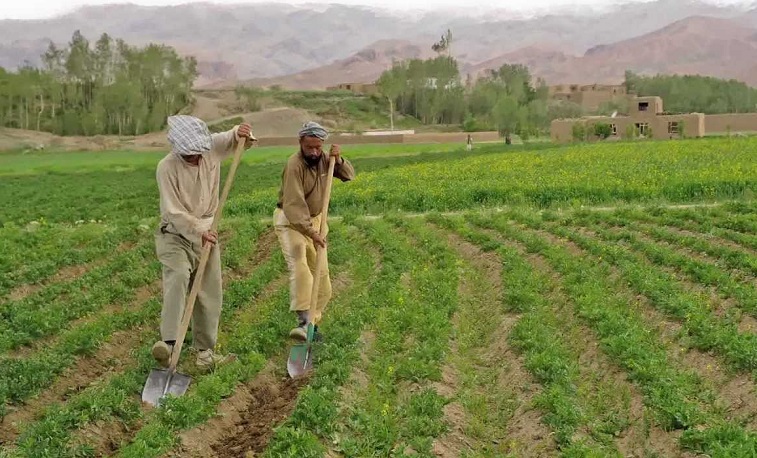AT-KABUL: The United States Agency for International Development (USAID), the Global Alliance for Improved Nutrition (GAIN), and the Ministry of Public Health (MoPH) in Afghanistan on Sunday released the implementation results of a two-year food fortification project in Afghanistan. The document, released during a stakeholders’ workshop, highlights the achievements, challenges, and lessons learned during the life of the project, USAID said in a statement.
USAID’s $9.7 million commitment aimed to increase availability and access to essential vitamins and minerals—also known as micronutrients—through fortified edible oil, wheat flour, and iodized salt by laying a strong foundation for a sustainable fortification program, the statement added.
More than 70 percent of the energy intake of Afghans is grain-sourced, and an average Afghan consumes around 400 grams of wheat flour bread daily—three times higher than the average world consumption.
“This project is of critical importance,” said USAID Health Office Director in Afghanistan, William Slater. “Many people in Afghanistan suffer from micronutrient deficiencies and to focus on increasing access to fortified foods, is an effective approach to combating malnutrition.”
The USAID, GAIN, and MoPH partnership helped reduce taxes on premix imports from 32 percent to two percent, enhanced the capacity of the Ministry of Public Health central food laboratory, and facilitated the endorsement of Afghanistan’s food fortification regulation, which now makes food fortification mandatory.
“Micronutrient fortification of staple food is one of the most effective ways to prevent micronutrient malnutrition”, said Greg Garrett, Director of Large Scale Food Fortification at GAIN. “In the past two years, USAID, GAIN, and the Government of Afghanistan worked together through an agreed action plan to advance the food fortification agenda, through advocacy efforts, legislation and private sector participation, as well as increasing demand for fortified food in the Afghanistan market.”
 Afghanistan Times
Afghanistan Times




